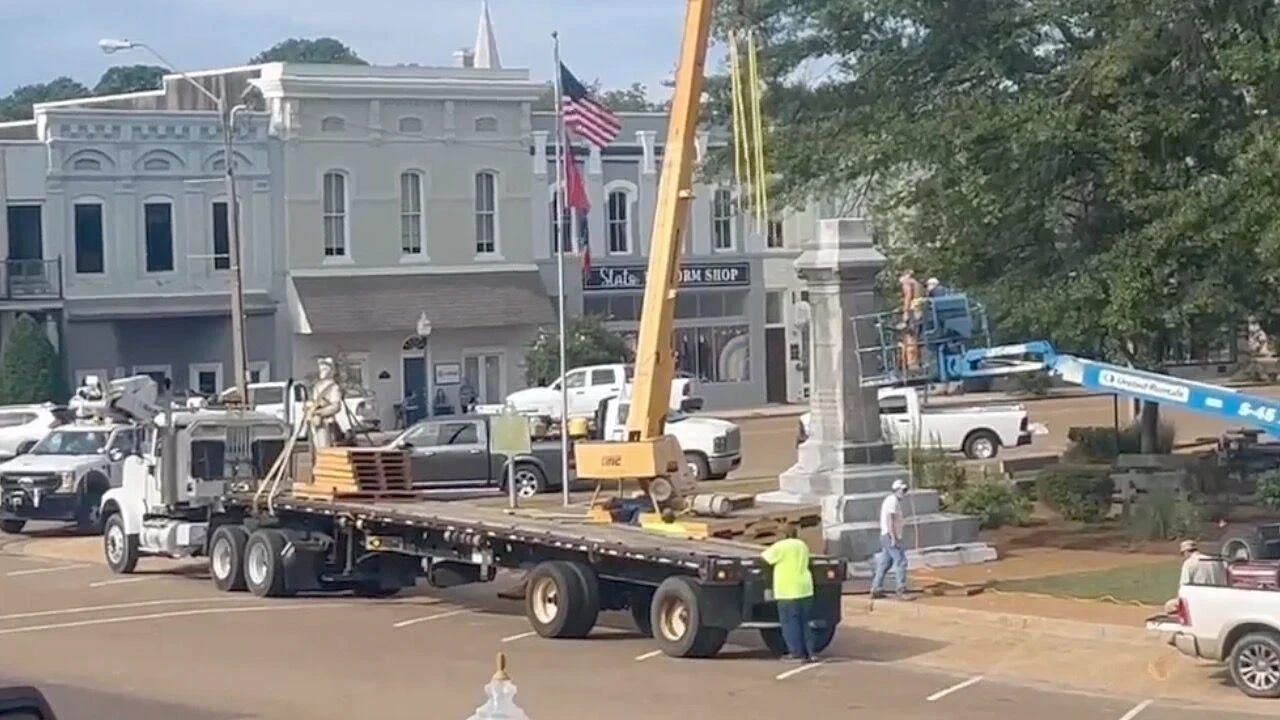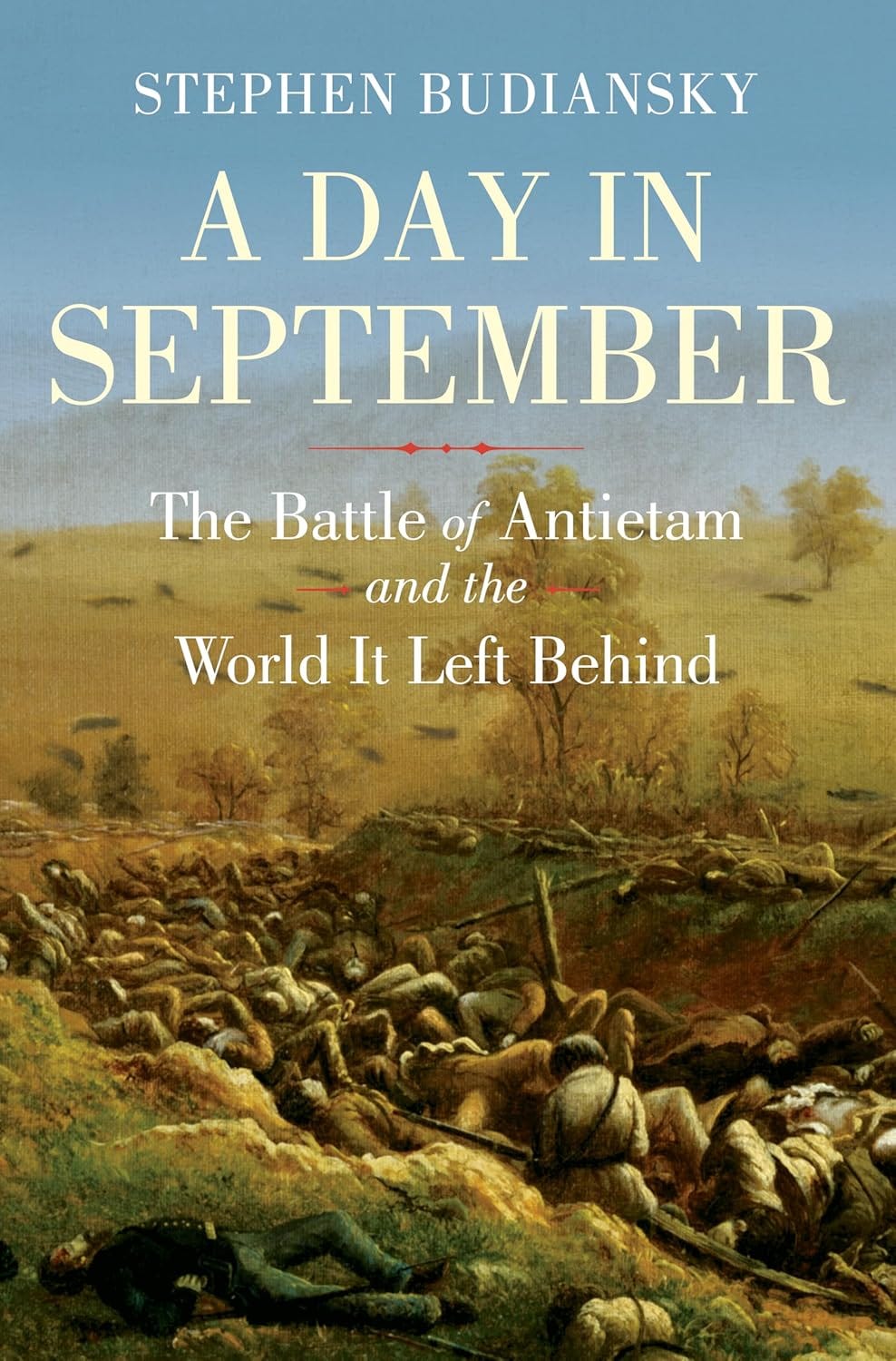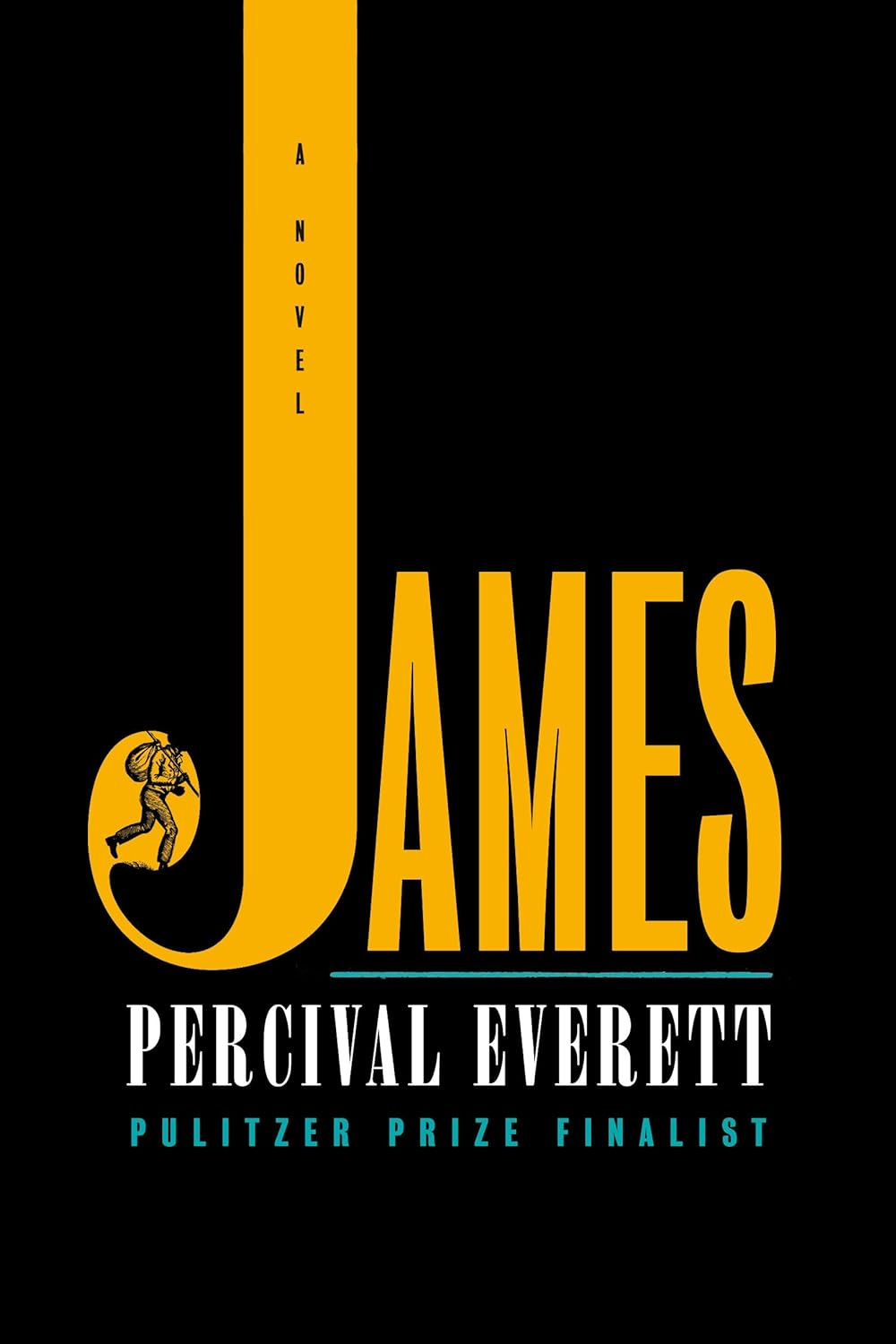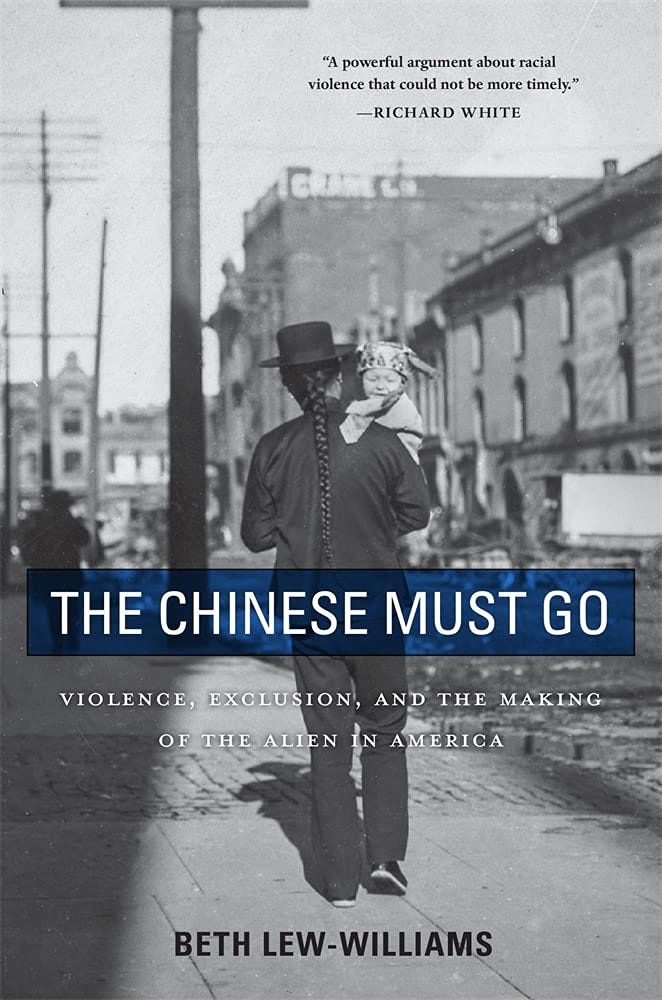Upcoming Talks
I have two talks this coming week in which I will discuss my new book project on the life of John Christopher Winsmith. On Wednesday I will be speaking at the Rhode Island Civil War Round Table and on Thursday in Dedham, MA at the Olde Colony Civil War Round Table. Come on out if you live in the area.
News
Though the pace of Confederate monument removals has slowed significantly over the past few years, the city of Grenada, Mississippi recently removed its soldier statue. Its removal brings the total number of Confederate monument removals since June 1, 2020 to 123.
Discussions continue to take place in other communities across the country, including in Williamson County, Texas.
The Texas Civil War Museum in Fort Worth, Texas is closing its doors. Reports suggest that the position of its directors taken at the height of the Confederate monument debate may have something to do with it.
It became embroiled in the Confederate statue imbroglio in 2019 wherein the city of Dallas took down a 1935 bronze statue of Robert E. Lee and considered donating it to the museum before selling it to a private buyer. According to the Fort Worth Star Telegram, the museum defended Confederate monuments on its Facebook page, but Richey told the newspaper that “we just deal with the artifacts and try to present the war as it happened. We don’t want to get into the 'why'."
Turns out the “why” is kind of important for a museum to address.
Vice-presidential candidate and cat lover JD Vance is still fighting the Civil War.
American history is a constant war between Northern Yankees and Southern Bourbons, where whichever side the hillbillies are on, wins. And that’s kind of how I think about American politics today, is like, the Northern Yankees are now the hyper-woke, coastal elites. The Southern Bourbons are sort of the same old-school Southern folks that have been around and influential in this country for 200 years. And it’s like the hillbillies have really started to migrate towards the Southern Bourbons instead of the Northern woke people. That’s just a fundamental thing that’s happening in American politics.
Enough said.
Civil War reenacting has taken a hit in recent years, but it looks like the fight continues in Huntington Beach, California.
Books
Stephen Budiansky, A Day in September: The Battle of Antietam and the World It Left Behind (W.W. Norton & Company, 2024).
Percival Everett, James: A Novel (Doubleday, 2024).
Beth Lew-Williams, The Chinese Must Go: Violence, Exclusion, and the Miaking of the Alien in America (Harvard University Press, 2018).
Videos
C-SPAN is now featuring sessions from a recent conference organized by the John L. Nau Civil War Center at the University of Virginia. The first two sessions are posted, including Kathryn Shively on Union logistics during the Second Manassas Campaign and Gary Gallagher, who assesses the campaign from a Confederate perspective. Well worth watching.
Historian David Blight has started a new online course based around his new book on Yale University’s connection to slavery. The lectures also delve into broader questions concerning the history and memory of the Civil War era. Here is the first lecture.
In his 1884 history of the 7th Pennsylvania Cavalry, "Sabre Strokes of the Pennsylvania Dragoons," Sergt. Thomas F. Dornblaser recalls conversations he had with Confederate prisoners of war in Tennessee during the spring of 1863. He adds his observations of the transformation of his comrades as they experienced life in the war-torn South.
Following Abraham Lincoln's issuance of the Emancipation Proclamation, thousands of enslaved people escaping from their masters headed to St. Louis and joined the United States Colored Troops (USCT). They had a champion for human rights who helped them transition into the military and prepare them for citizenship—Col. William A. Pile.
Really enjoyed this tour of the Vicksburg battlefield from the Battlefield Trust. One day I will get to Vicksburg.
Otis
The big guy finally got a bath that was long overdue.
And here he is relaxing after the traumatic experience.











I taught Huck Finn in Tonga. It was part of the New South Wales curriculum. Tongatapu has a lagoon but no rivers or streams. It's flat and made of limestone, so rain water percolates directly through the soil to form a freshwater lens on the groundwater. I had to explain river before I could explain a raft tied up to a house floating down a river.
The book group I belong to is excited to read James. I'm thinking I should first reread Huck Finn, as I last read it some decades ago (!).
Otis looks pretty relaxed whether wet or dry.